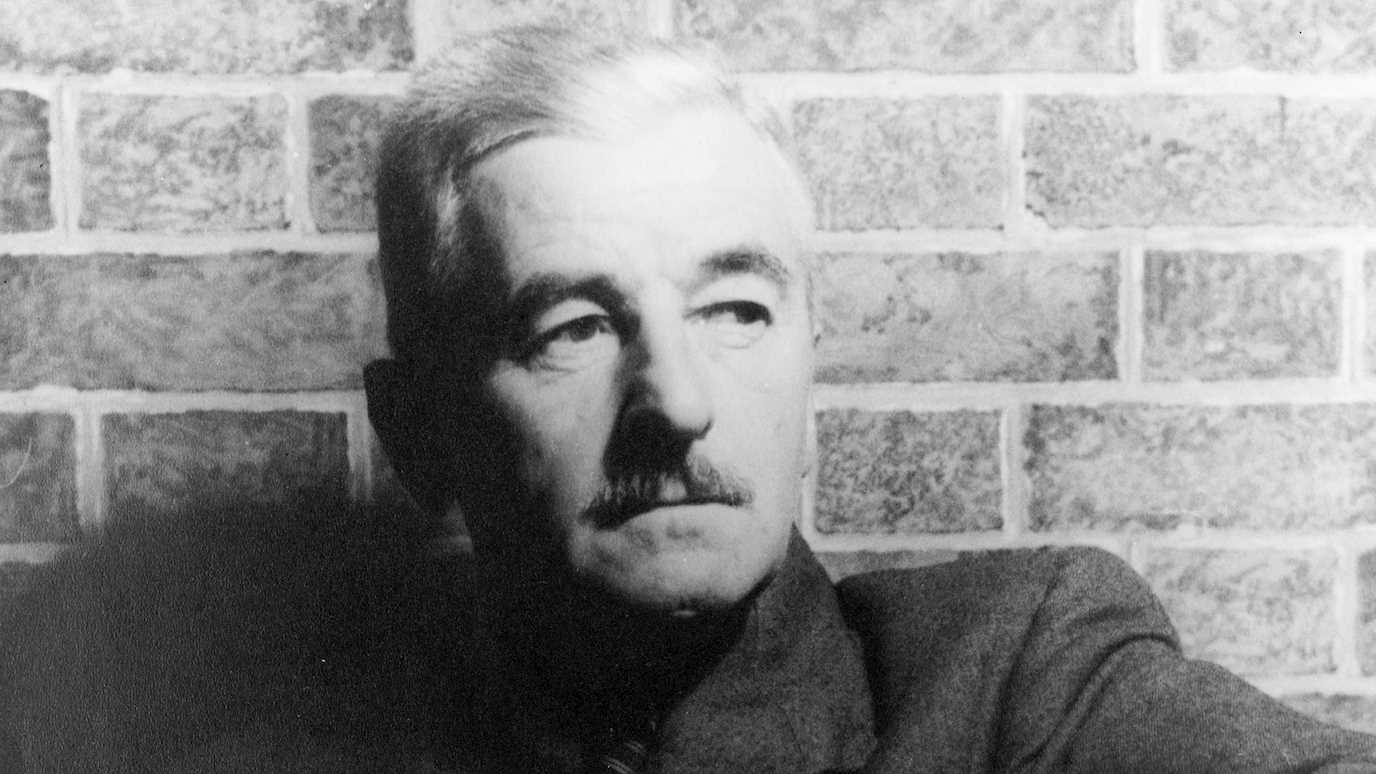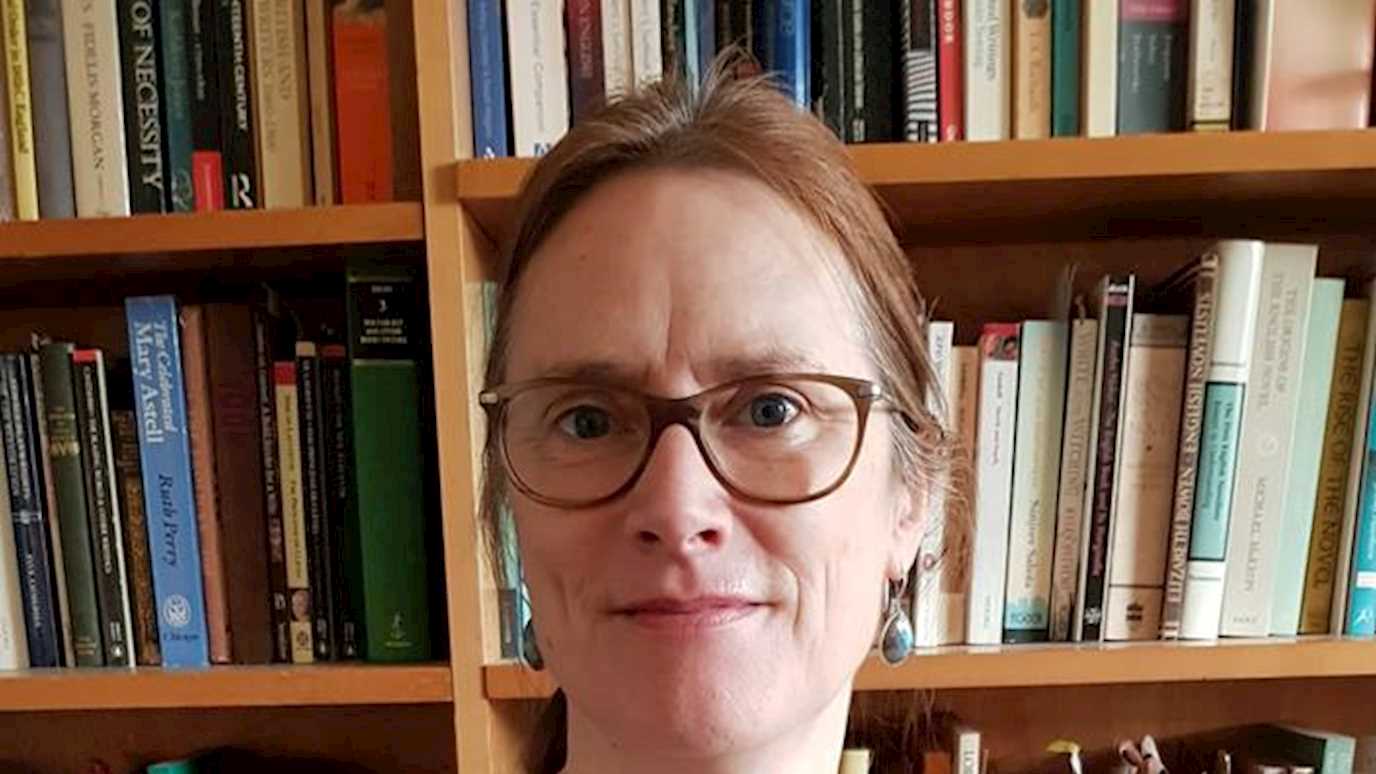PhD Candidate Ahmed Honeini's research paper, 'Saying No to Death?: Morality, Voice, and the Work of William Faulkner' has been accepted by the British Association for Modernist Studies for the New Work in Modernist Studies Conference, which will take place on 1 December 2018 at the University of Glasgow.

Honeini's paper was adapted from his soon-to-be-viva'd PhD thesis, A Fine Dead Sound: Saying Yes to Death in William Faulkner's Fiction. In this paper, he challenges the well-circulated theory that Faulkner, fearing death, created narratives to say 'no' to it. Instead, Honeini asserts that Faulkner created narratives to confront and, ultimately, accept (or say 'yes') to death.
Read the abstract in full below:
This paper explores the relationship between death and the human voice in Faulkner’s fiction. Previously, Robert W. Hamblin (1981/1999) has indicated that the act of writing and creating narratives was Faulkner’s authorial method of ‘saying “no” to death.’ Hamblin argues that Faulkner’s apprehensiveness towards death began during his adolescence: ‘it was not merely death which Faulkner feared, but death as obliteration.’ This paper challenges Hamblin’s assertion: it adopts as its central line of inquiry the idea that, largely, Faulkner’s characters utilise speech to think through the trauma and ambivalence which death creates. Indeed, in certain instances, Faulkner’s characters are driven towards accepting and ‘saying “yes” to death.’ This approach, which also challenges the works of Hamblin’s critical successors Warwick Wadlington and Charles Reagan Wilson, will demonstrate how spoken reflections upon mortality and the relationship between the living and the dead are of the utmost importance in Faulkner’s work. Contrary to Hamblin’s claims, this paper argues that to many of Faulkner’s characters, from Emily Grierson in “A Rose for Emily” to Rider in “Pantaloon in Black”, from Quentin Compson in The Sound and the Fury and Wash Jones in Absalom, Absalom!, and certainly Addie Bundren in As I Lay Dying, death is not a profoundly negative state of annihilation. This paper, and the thesis from which it originates (A Fine Dead Sound: Saying Yes to Death in William Faulkner’s Fiction), adds a new, alternative voice to a debate within Faulkner studies that is long thought to have ended.
Congratulations, Ahmed!

























